Give Yourself a Boost with these Top 7 Doctor-Recommended Supplements for Women’s Health
Optimize your health and upgrade your diet by adding these doctor-recommended supplements to your day.
Do you remember how easy it was to take vitamins as a kid? You would pop a single yummy multivitamin that tasted like candy, and that was it!
You’d probably agree that supplementing your diet as an adult isn’t nearly as easy – or tasty – as it was growing up. And if we’re honest, navigating the supplement aisle can be confusing and overwhelming. Let’s cut to the chase and focus on the top seven supplements that women generally need. (Keep in mind that you should always consult with your doctor before adding any supplements to your regimen – what is included here is for information purposes only.)
1. MULTIVITAMIN
Thanks to modern high-yield farming methods that utilize the overuse of pesticides, herbicides, and chemicals, our soil is depleted of minerals and nutrients – which, in turn, means that our food is less nutritious than it has been in the past. To help fill in the nutritional gaps, a daily multivitamin can help women meet their vitamin and mineral requirements.
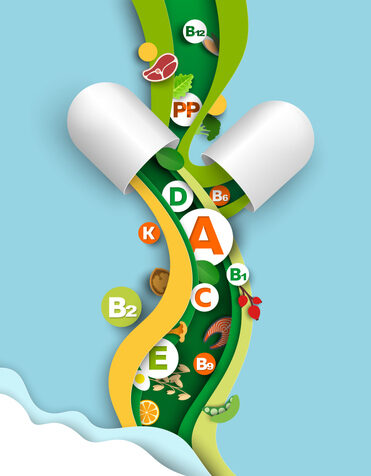
Many women suffer from low iron levels. If this is you, consider a multivitamin that has iron or a supplement with a separate non-constipating iron formula. Daily iron requirements vary based on the individual: some women need 8 mg per day while others need four times as much. Check with your doctor to find out how much you need – and be prepared to get your arm pricked. (Unfortunately, a blood test will be necessary.)
It’s important not to choose the cheapest multivitamin, and keep in mind that you may have to take more than one per day based on the formulation. High-quality multivitamins are usually dosed in the morning and evening. With a low-cost formula that contains various binders and fillers, you risk getting a lower-quality and less effective formulation that does not absorb well.
2. FIBRE
Based on what I’ve experienced in my practice, women tend to be more constipated than men and they also tend to eat less fiber. Not surprising, since the link between fiber and better digestion is well-documented. Indigestible fiber, also known as insoluble, supports cardiovascular health, assists with weight loss, and improves digestion. Soluble fibre, on the other hand, absorbs water and plumps up, helping to push food through your digestive tract.
To support healthy digestion, women can combine a fiber-rich diet with a powdered fiber supplement that can be added to Greek yogurt, organic applesauce, or oatmeal. My advice? Steer clear of psyllium fiber, which can cause constipation, gas, and bloating. This type of fiber can dehydrate the colon, especially when you are not drinking enough water.
Flax-based fiber supplements are often used to help achieve the recommended daily intake of 25 to 35 grams. For those who enjoy a morning smoothie or post-workout pick-me-up, consider switching to a protein powder that contains 10 grams of fibre and 20 grams of protein per serving.
3. OMEGA-3 FATTY ACIDS
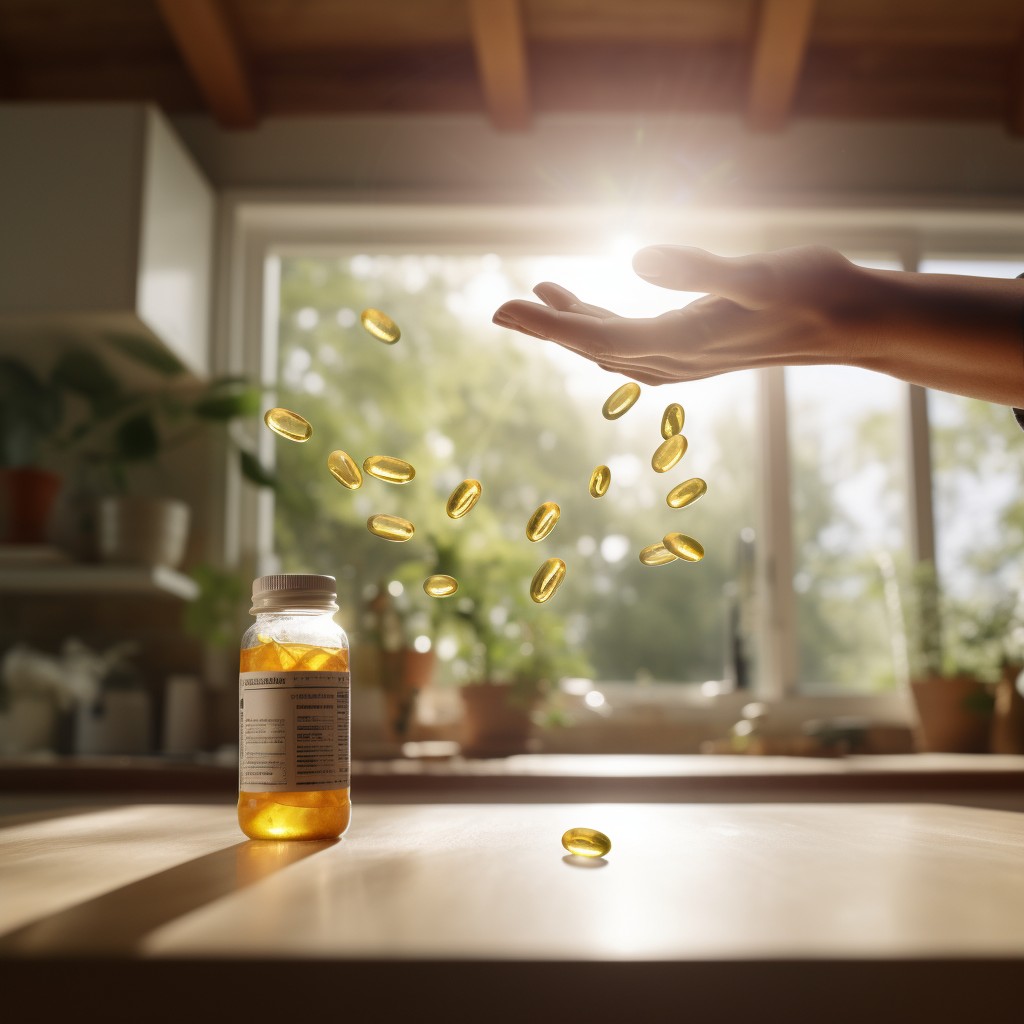 The North American diet is notoriously deficient in omega-3 fatty acids. Since research shows these EFAs (essential fatty acids) can improve cardiovascular
The North American diet is notoriously deficient in omega-3 fatty acids. Since research shows these EFAs (essential fatty acids) can improve cardiovascular
health, improve your mood, and reduce inflammation, I recommend high-quality omega-3 supplements to my patients.
Fish contains a high amount of omega-3 fatty acids, but there is a limit to how much seafood one should eat. Without a doubt, heavy metals, industrial chemicals, and other toxic substances highly pollute our waters. Taking a quality fish oil supplement can meet your daily needs without exposing you to these harmful contaminants.
The dosage for omega-3 supplementation varies based on individual needs. However, 1,000 mg is often recommended for general health and well-being. I typically recommend 4,000 mg to my patients who are dealing with specific conditions or engaging in intense physical activity. As a bonus, many fish oil supplements come with 1,000 IU of vitamin D to help support healthy bones, teeth, and immunity.
4. CALCIUM & MAGNESIUM
A large percentage of my female patients are reducing the amount of dairy in their diets for various reasons – lactose intolerance, food sensitivities, or a vegan lifestyle. For some individuals, dairy products should be consumed in moderation as they can promote inflammation, cause digestive upset, and aggravate skin problems such as acne and eczema.
Although dark leafy greens, broccoli, and sardines are good sources of calcium, most women do not consume these daily and therefore may benefit from supplementation. Calcium and magnesium are often paired in supplements to support a woman’s daily needs. Not only can this powerful duo increase bone density, but a cal-mag supplement may also reduce stress, relax tense muscles, and enhance the quality of sleep. Look for a 1:1 ratio, and keep in mind that calcium citrate is more bio-available (easier for your body to use) than other forms of calcium.
 5. PROBIOTICS
5. PROBIOTICS
The human digestive tract is home to 100 trillion bacteria, or microbes, that are constantly trying to remain in a beneficial and balanced state. Your body houses its immune system within this biological ecosystem, actively using this bacterial society for protection. The destruction of these “good bugs” can result from various factors such as stress, poor nutrition, alcohol consumption, and antibiotic use. Thanks to recent research, we are beginning to understand the fascinating impact that microbes have on our overall health. We also know that a healthy gut requires more than just good nutrition.
Even healthy women can benefit from a daily dose of probiotics, not just those seeking treatment for digestive issues. Think of probiotics as a multivitamin for the gut. We suspect that probiotics, the “friendly” gut bugs, can enhance immune system health. Most of my female patients take a supplement with 50 billion active bacterial cells containing a variety of strains, including Lactobacillus rhamnosus and Lactobacillus acidophilus; one would need to eat 50 small containers of yogurt to receive this amount from food.
6. VITAMIN B-COMPLEX
The Western diet often lacks sufficient amounts of B vitamins, leading to potential deficiencies that can cause fatigue, depression, and insomnia. Women may need additional B-vitamin support to help balance hormones, enhance energy levels, and improve mood. I typically recommend 75 to 100 mg of key B vitamins in a well-formulated B complex containing B12 and folic acid.
7. DIGESTIVE ENZYMES
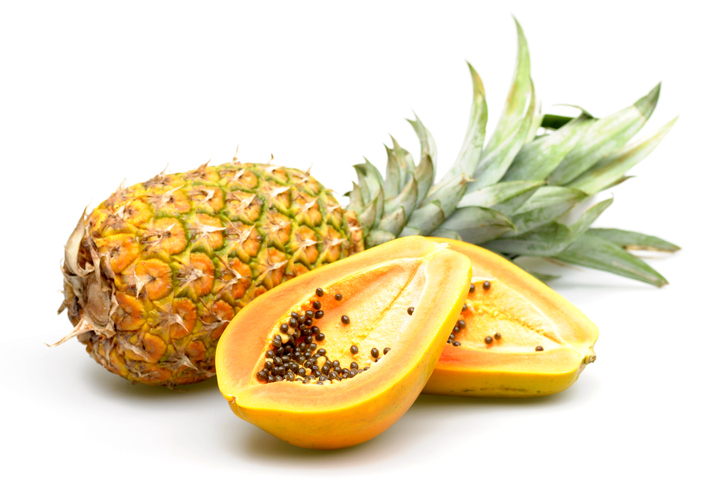 Pineapple and papaya, which contain necessary enzymes for protein digestion, contribute significantly to our digestive health. Unfortunately, the typical North American diet is low in enzymes. Most people do not consume enough raw fruits and overcook their vegetables, a process that can damage these beneficial substances. For this reason, a digestive enzyme supplement taken before meals can help with uncomfortable digestive symptoms. It can also assist with the breakdown of foods into their smallest usable components. Many women choose to take a multi-enzyme supplement as needed, despite the recommendation to use it before each meal.
Pineapple and papaya, which contain necessary enzymes for protein digestion, contribute significantly to our digestive health. Unfortunately, the typical North American diet is low in enzymes. Most people do not consume enough raw fruits and overcook their vegetables, a process that can damage these beneficial substances. For this reason, a digestive enzyme supplement taken before meals can help with uncomfortable digestive symptoms. It can also assist with the breakdown of foods into their smallest usable components. Many women choose to take a multi-enzyme supplement as needed, despite the recommendation to use it before each meal.


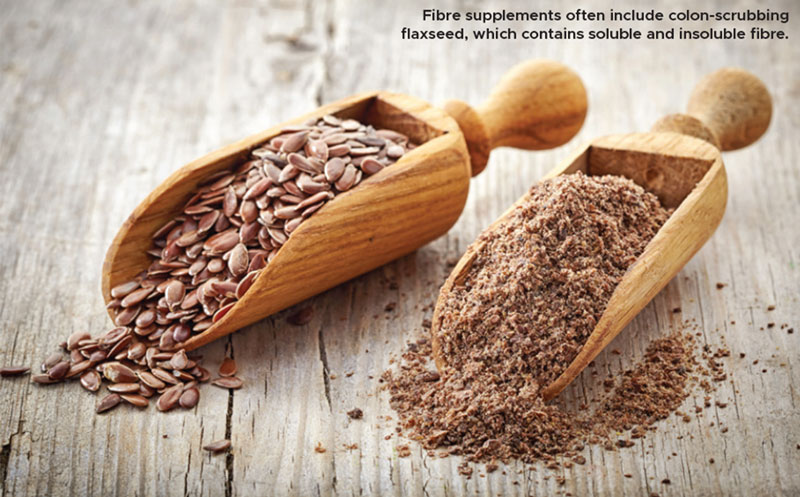
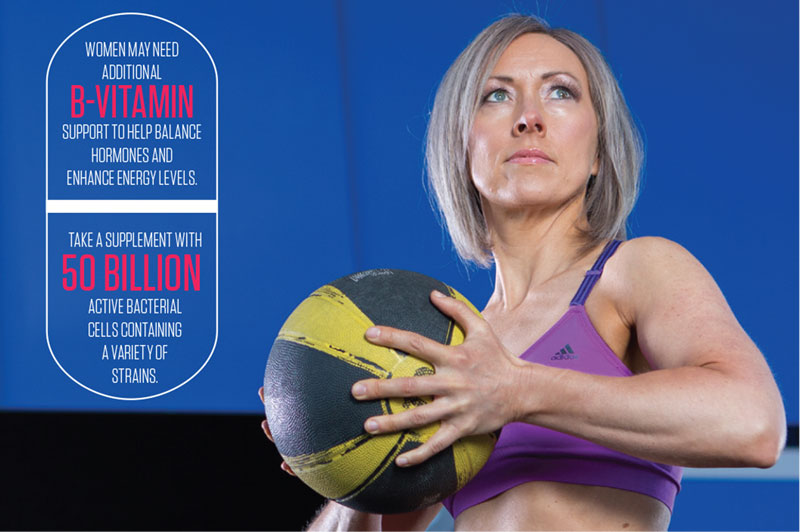 5. PROBIOTICS
5. PROBIOTICS













